Eye Exam Guide
-
What Is Included in an Eye Appointment?
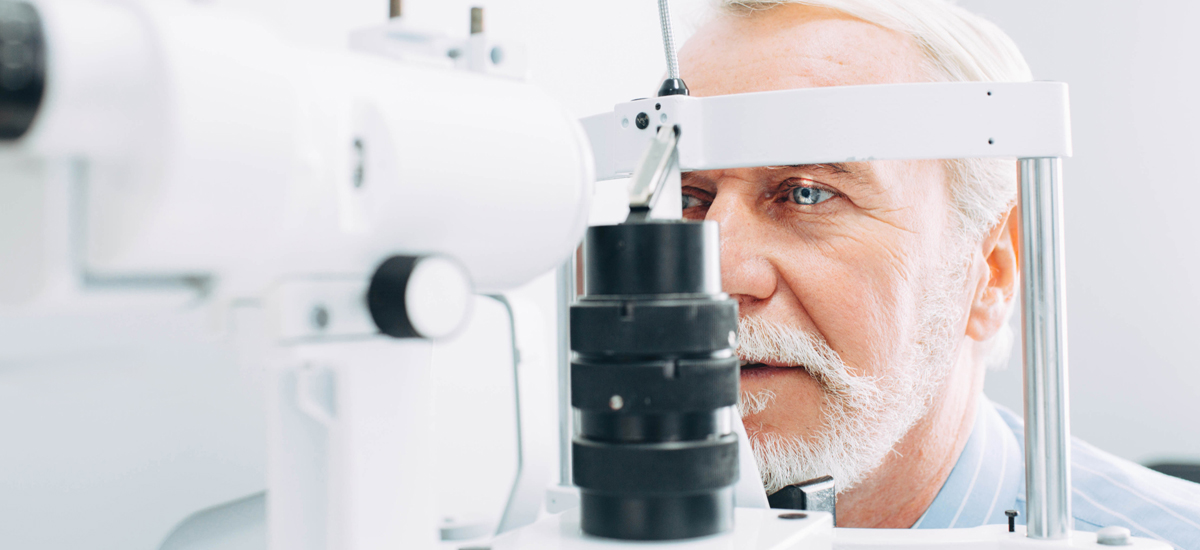 At For Eyes, we like to say that healthy eyes start with routine eye exams. Our Independent Doctors of Optometry specialize in comprehensive eye exams and contact lens exams, which focus on uncovering issues that can impair your vision.
If you haven’t already scheduled your next annual eye appointment, now’s the time. Here’s what you can
Read more...
At For Eyes, we like to say that healthy eyes start with routine eye exams. Our Independent Doctors of Optometry specialize in comprehensive eye exams and contact lens exams, which focus on uncovering issues that can impair your vision.
If you haven’t already scheduled your next annual eye appointment, now’s the time. Here’s what you can
Read more...
-
Where to Get an Eye Exam
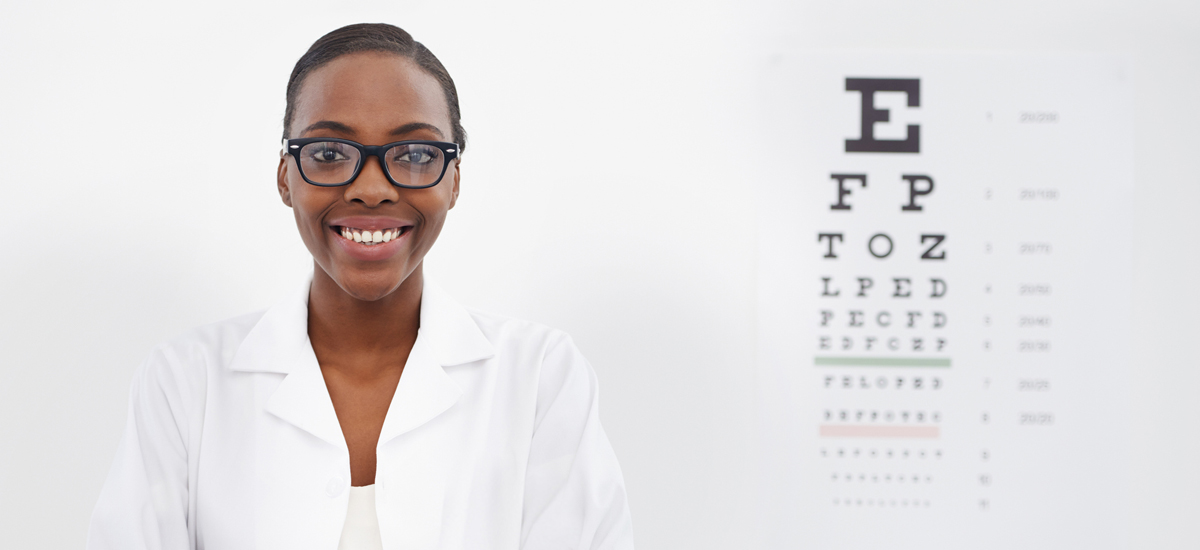 With so many eye doctor’s offices in the U.S., it can be challenging to find the best one for your needs. It’s also essential to ensure you get the care your family deserves by checking that the eye care center accommodates the hours and services you’re looking for.
If you’ve been wondering where to get an eye exam, select an optical store
Read more...
With so many eye doctor’s offices in the U.S., it can be challenging to find the best one for your needs. It’s also essential to ensure you get the care your family deserves by checking that the eye care center accommodates the hours and services you’re looking for.
If you’ve been wondering where to get an eye exam, select an optical store
Read more...
-
What Are the Different Types of Eye Exams?
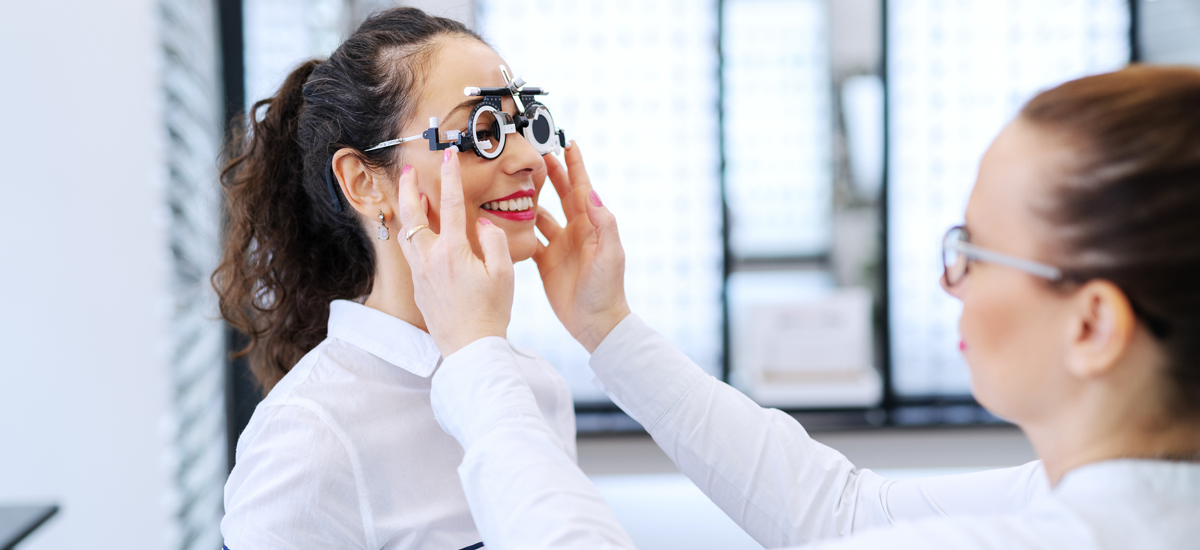 You use your eyes daily, from getting ready in the morning to watching the road signs while driving. Since we use our eyes in so many ways, it’s important to practice good eye care habits and stay up to date with eye doctor visits.
At For Eyes, we make it a priority to give you the best eye health and vision recommendations after your eye
Read more...
You use your eyes daily, from getting ready in the morning to watching the road signs while driving. Since we use our eyes in so many ways, it’s important to practice good eye care habits and stay up to date with eye doctor visits.
At For Eyes, we make it a priority to give you the best eye health and vision recommendations after your eye
Read more...
-
Contact Lenses vs. Glasses: Which Provides Better Vision?
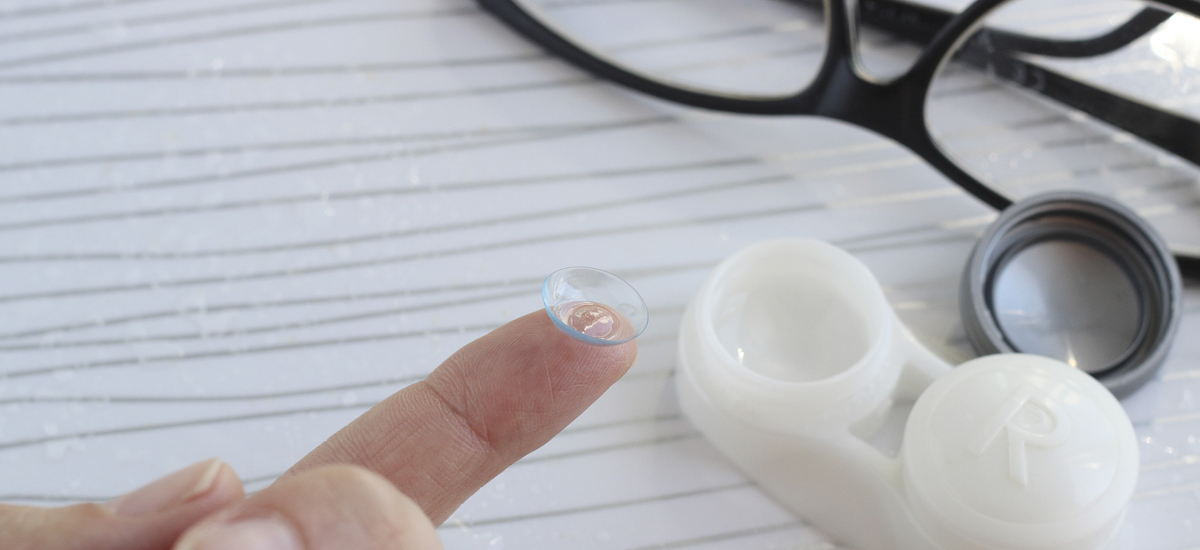
Contacts and glasses both offer benefits to your eyesight. However, when wondering, ‘Contact lenses vs. glasses: which provides better vision?’, contacts are usually the answer. Since they go on your eyes, they offer superior front and peripheral vision. But it’s important to take care of them to lessen your risk for eye issues.
Keep in mind that not everyone can wear contacts, though. Your optometrist will let you know during your eye exam if they are right for you and what type they recommend for your eyes. If you have any other questions about contact lenses, feel free to give our office a call today. We are happy to help.
Read more... -
Starting At What Level of Prescription Should I Wear Glasses All the Time?
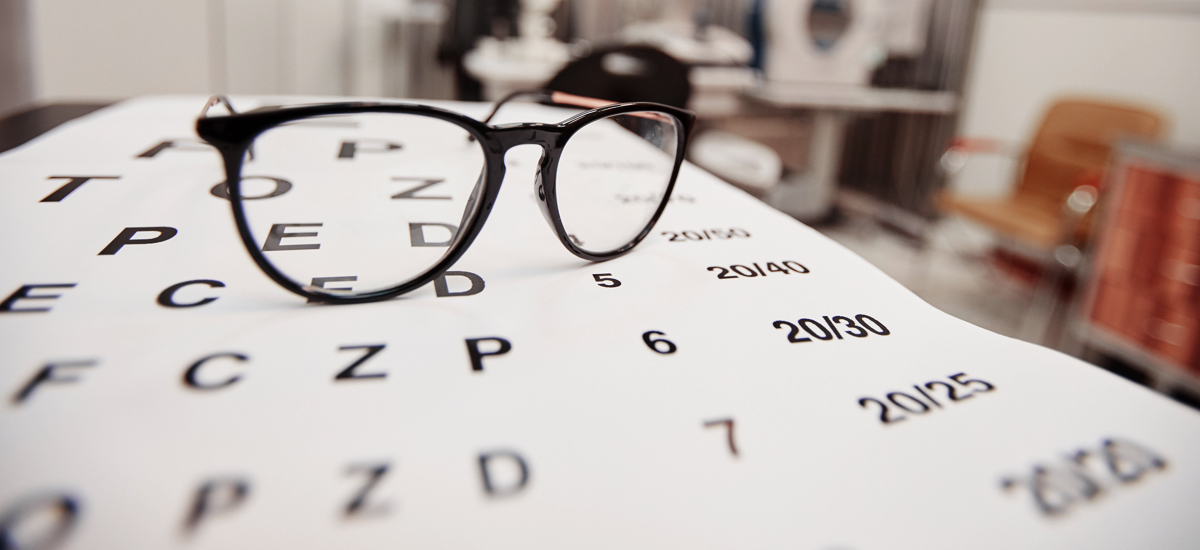 Understanding the different prescriptions and how often you should wear glasses can be confusing if you’re a first-time glasses’ wearer. Your eye doctor will let you know the frequency of when you should wear your corrective eyewear after your comprehensive eye exam.
However, if you’re curious about what to expect and have the question, ‘
Read more...
Understanding the different prescriptions and how often you should wear glasses can be confusing if you’re a first-time glasses’ wearer. Your eye doctor will let you know the frequency of when you should wear your corrective eyewear after your comprehensive eye exam.
However, if you’re curious about what to expect and have the question, ‘
Read more...
-
Should I Get an Eye Exam If I Don’t Wear Glasses?
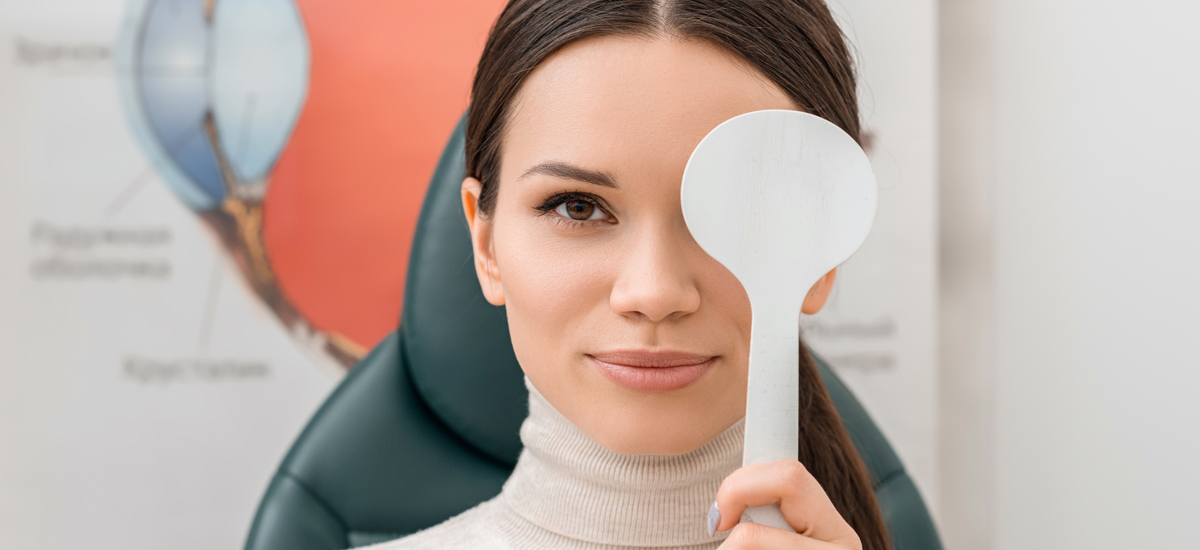 Eye health is just as important as any other aspect of your overall health and wellness. But for someone who doesn’t wear glasses, you might have trouble figuring out when to get your eyes checked. While you may not exhibit symptoms of needing glasses at this point, there is always the chance that you will develop the need for corrective eyewear
Read more...
Eye health is just as important as any other aspect of your overall health and wellness. But for someone who doesn’t wear glasses, you might have trouble figuring out when to get your eyes checked. While you may not exhibit symptoms of needing glasses at this point, there is always the chance that you will develop the need for corrective eyewear
Read more...
-
How Often Should You Go to the Eye Doctor If You Wear Glasses?
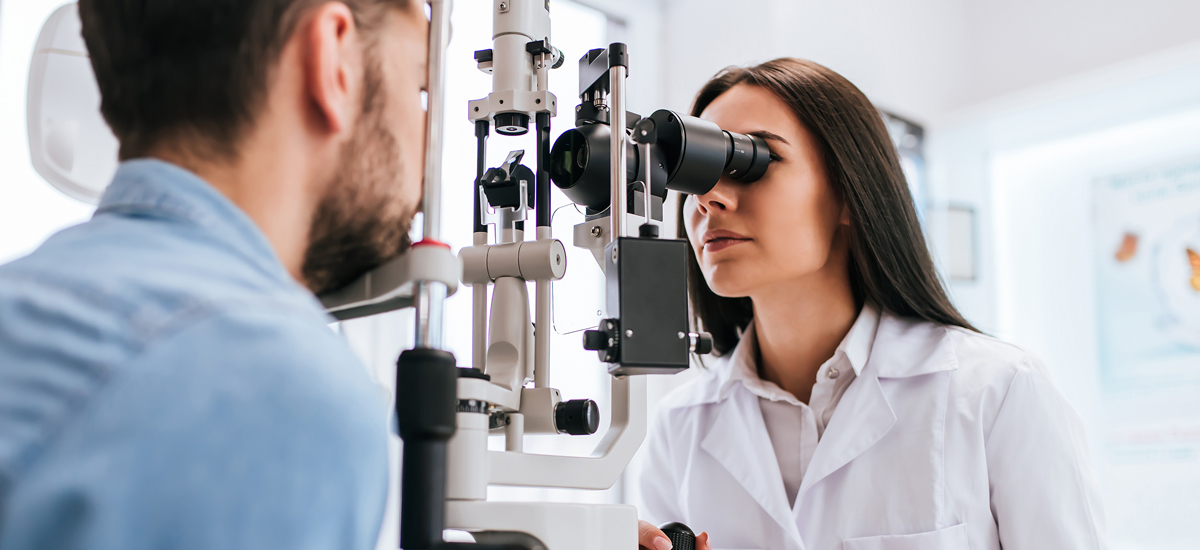 If you are a part of the vast population of adults who wear corrective lenses, you’ve probably wondered how often you need an eye exam. This is a common question, though many things factor into the answer.
Let’s take a look at some of these variables so you can see how often you should go to the eye doctor if you wear glasses.
&
Read more...
If you are a part of the vast population of adults who wear corrective lenses, you’ve probably wondered how often you need an eye exam. This is a common question, though many things factor into the answer.
Let’s take a look at some of these variables so you can see how often you should go to the eye doctor if you wear glasses.
&
Read more...
-
When Should I See an Ophthalmologist?
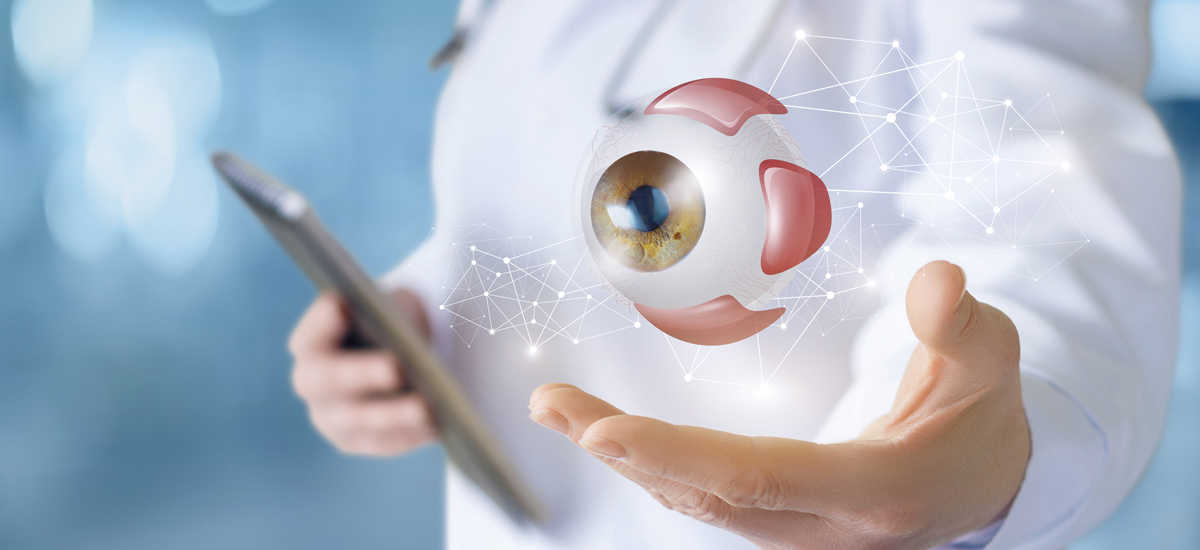 Optometrists conduct most routine eye exams. They are the primary eye care professionals who can diagnose and treat concerns with your vision. And for the general public, they’re the only eye doctor you need to see.
However, if you have any issues that are beyond their expertise, that is when you should see an ophthalmologist.
Signs
Read more...
Optometrists conduct most routine eye exams. They are the primary eye care professionals who can diagnose and treat concerns with your vision. And for the general public, they’re the only eye doctor you need to see.
However, if you have any issues that are beyond their expertise, that is when you should see an ophthalmologist.
Signs
Read more...
-
What Is an Optometrist?
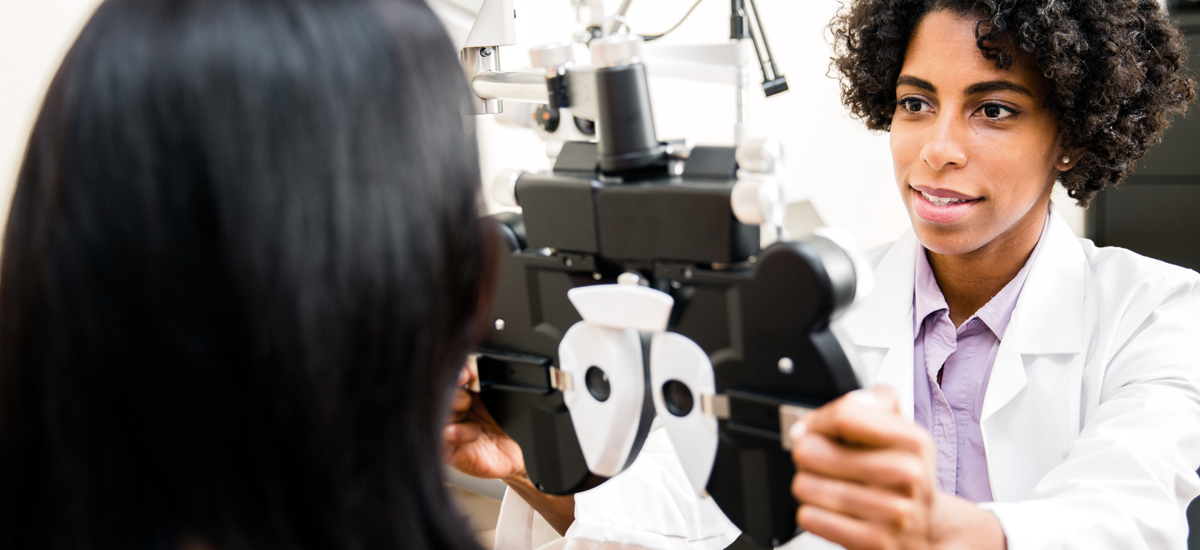 Do you ever wonder who the primary person is for you to see when you need an eye exam? You’re not alone. At For Eyes, you may meet eye care professionals with various levels of expertise, and one of the most common is an optometrist.
What is an optometrist?
There’s no need to wonder what an optometrist is when you have your good friends
Read more...
Do you ever wonder who the primary person is for you to see when you need an eye exam? You’re not alone. At For Eyes, you may meet eye care professionals with various levels of expertise, and one of the most common is an optometrist.
What is an optometrist?
There’s no need to wonder what an optometrist is when you have your good friends
Read more...
-
When Do You Need to Get Glasses for Nearsightedness?
 If your vision isn’t clear all the time, you may have a refractive error. 1 in 3 Americans have been diagnosed with nearsightedness (or myopia), which impacts how far away they can see, and this could be you, too.
The most effective treatment for this condition is corrective lenses. But how do you know when to get glasses for
Read more...
If your vision isn’t clear all the time, you may have a refractive error. 1 in 3 Americans have been diagnosed with nearsightedness (or myopia), which impacts how far away they can see, and this could be you, too.
The most effective treatment for this condition is corrective lenses. But how do you know when to get glasses for
Read more...







